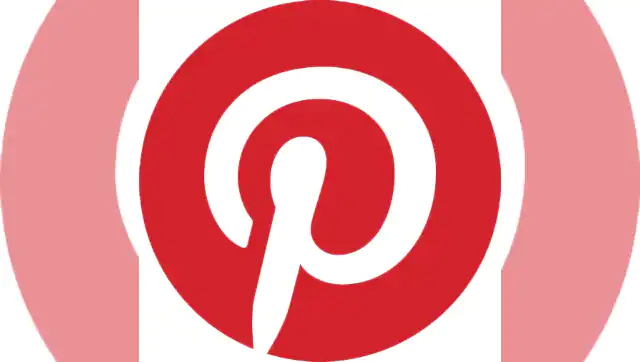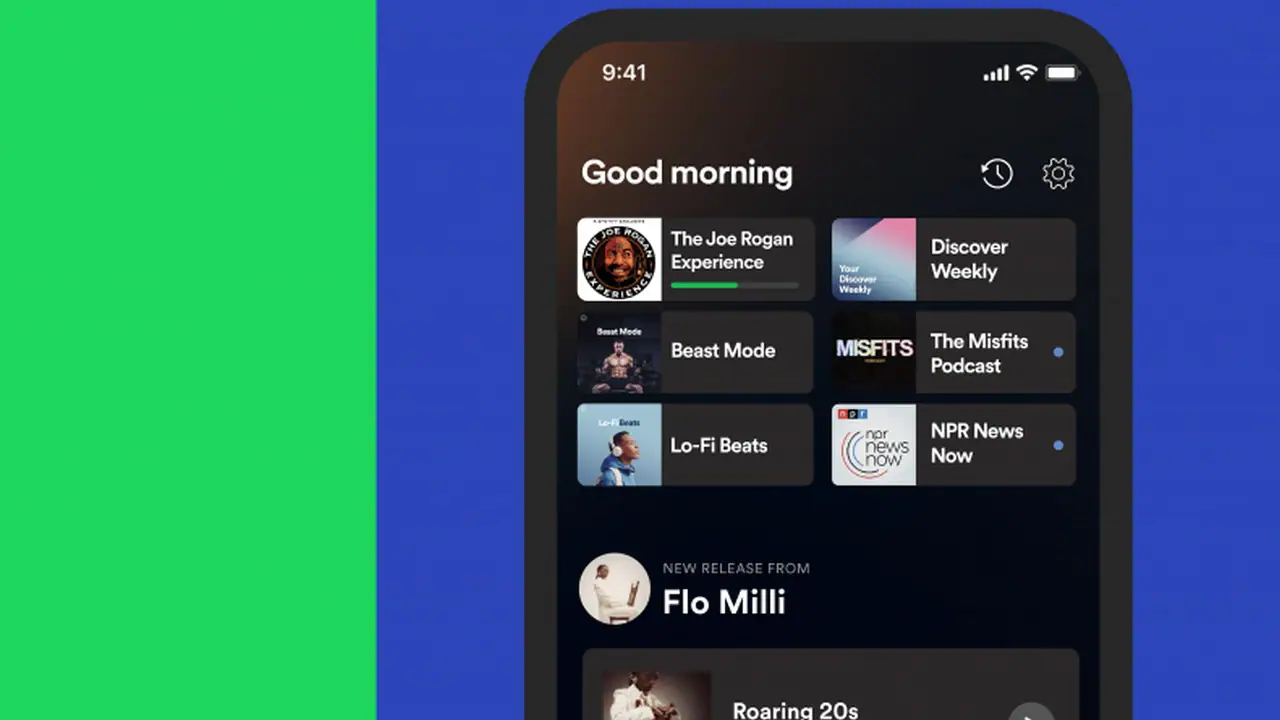FP StaffJul 05, 2021 23:54:48 IST
In a bid to “embrace body acceptance”, Pinterest has become the first major social media platform to ban all forms of weight loss ads and posts that encourage certain body types or shapes over others from 1 July. According to a statement by the company, the move has been adopted to help people deal with body image issues after being in lockdown for over 15 months due to the pandemic.
The platform, that relies heavily on images, has also said that it will disallow testimonials on weight loss and products that aid in it, along with ‘before-after’ photos of the same, and advertisements referencing body mass index (BMI) as well.
In collaboration with the National Eating Disorders Association, Pinterest has formulated policies that will still allow posts and images on healthy living, eating habits, and fitness services to be hosted on the platform, as long as they do not focus on shedding weight. The move was made in order to prioritise mental health of users from across the globe, with Elizabeth Thompson, interim CEO of the organisation, hoping that other social media giants will follow suit.
For the company, this step is in extension to its guidelines, which had previously banned body-shaming products that encouraged harmful weight loss methods.
Between January and June 2021, spending on advertising by weight loss brands across various media like TV, digital and print touched $372 million, shooting up 89 percent compared to the same period in the previous year, according to advertising intelligence firm MediaRadar. It also reported a 120 percent spike in year-on-year spending for weight loss ads on Facebook.
According to this report by The Guardian, the platform has 60 percent female users across the world. In 2015, it blocked searches for content that could lead users to pro-eating disorder posts, and would instead redirect them to websites run by organisations helping combat this social and cultural ordeal.
This follows in the heels of Instagram issuing an “apology” in April 2021 for erroneously promoting weight loss posts to users tackling eating disorders. The company had previously, in 2019, blocked ads encouraging weight loss and cosmetic surgery for under-18 users, and taken action against posts making claims of “miraculous” weight loss.










